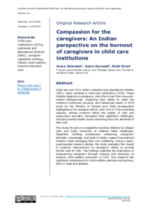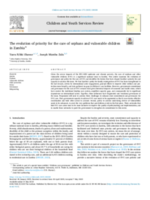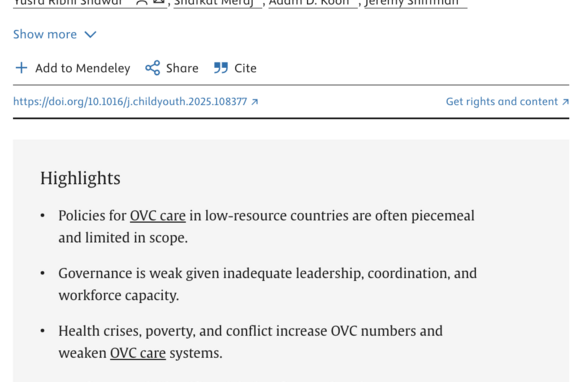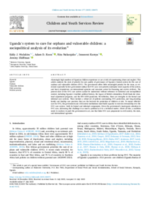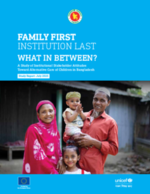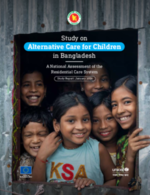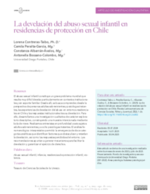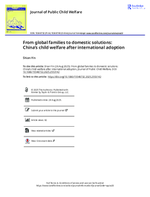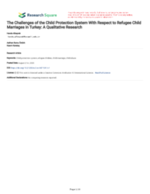Compassion for the caregivers: an Indian perspective on the burnout of caregivers in child care institutions
India’s 23.6 million orphaned and abandoned children often rely on overburdened caregivers in child care institutions, where staff shortages and high demand affect quality of care. This study evaluates a capability-building program by Udayan Care and Duke University, showing how strengthening caregivers’ skills, knowledge, and wellbeing can improve outcomes for vulnerable children.

